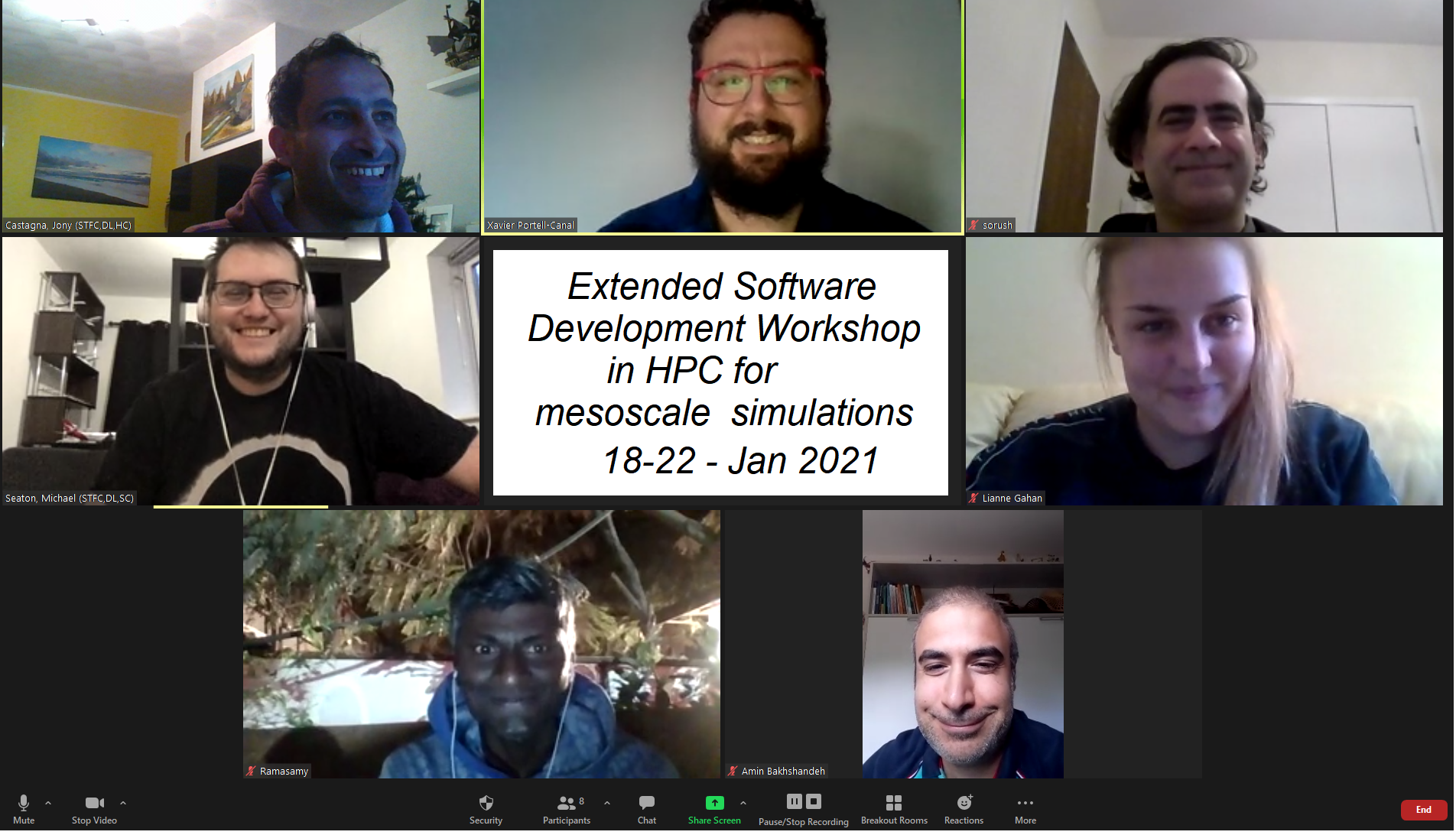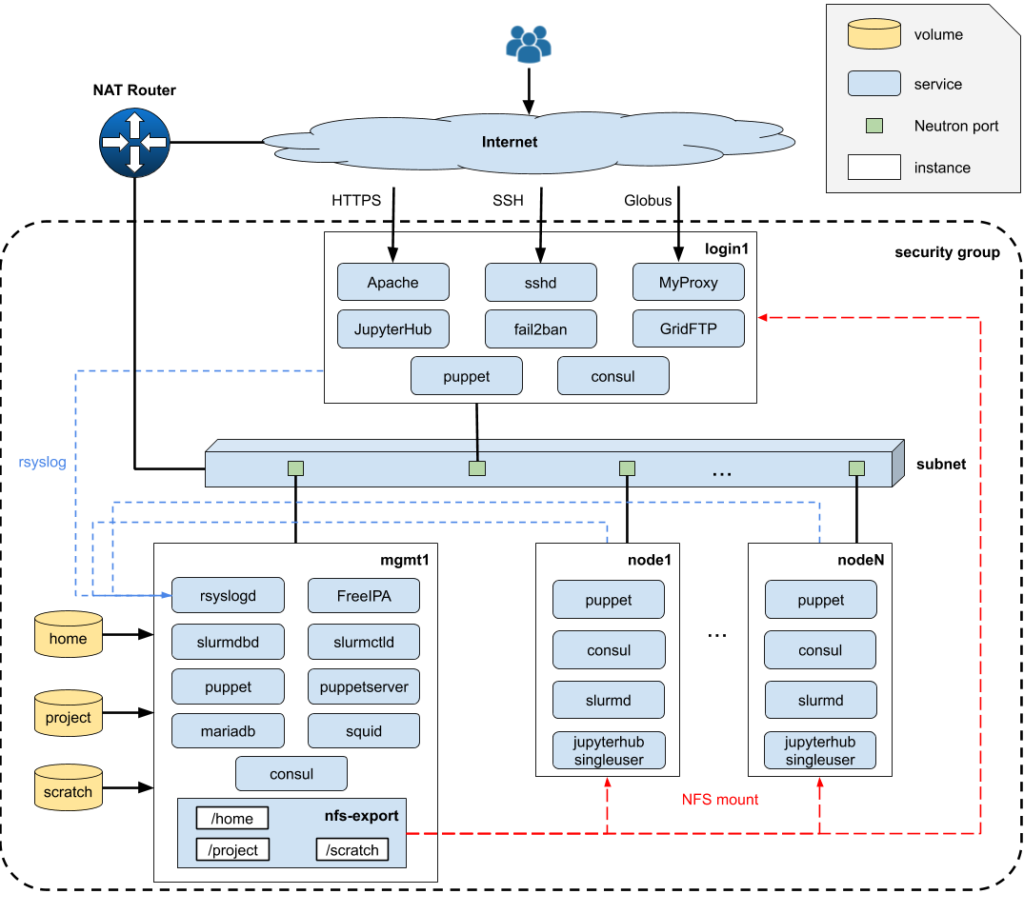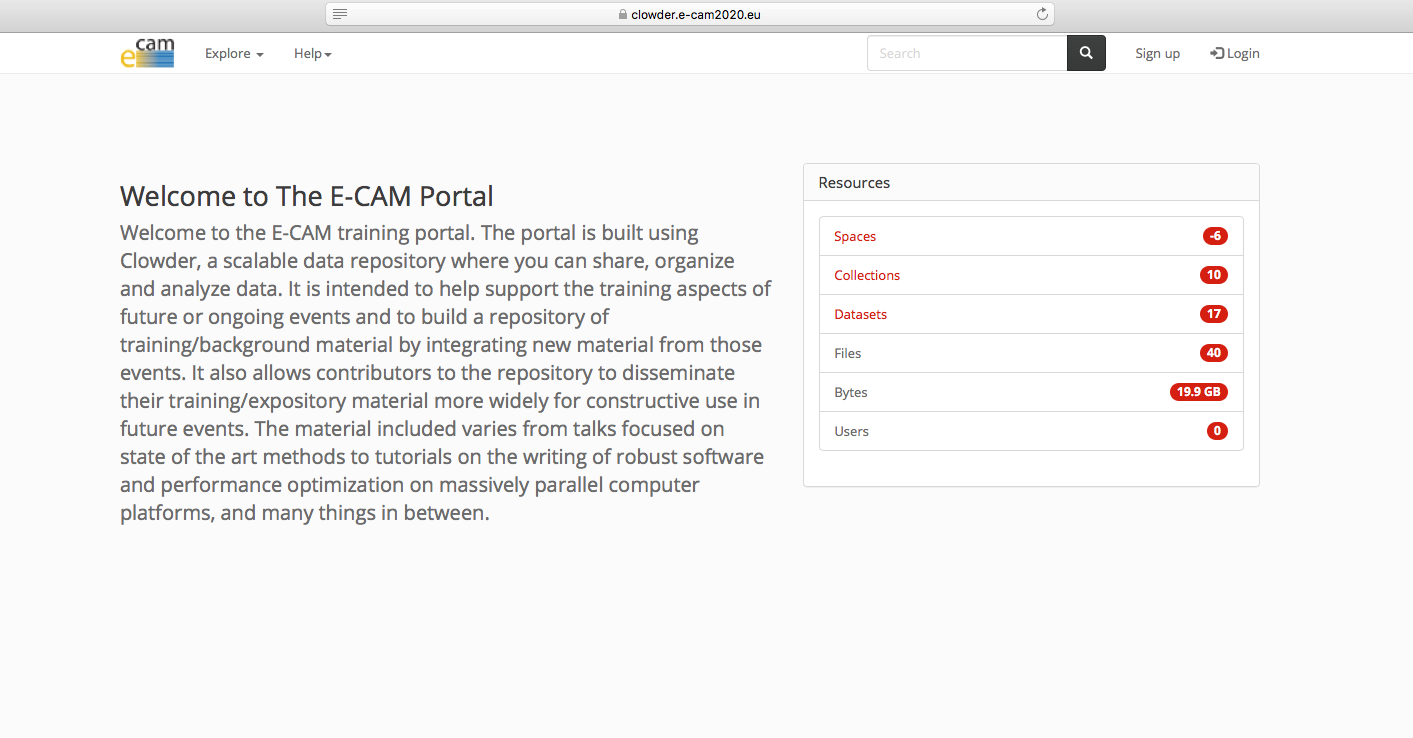Another successful online training event !
Our last Extended Software Development Workshop (ESDW) took place on the 18th-22nd January[1], and given its length (5 days) and it’s nature (theory and hands-on training sessions) it was a real success! “The workshop went very well, participants seem to have enjoyed and they lasted until the end !”, said organiser Jony Castagna, computational scientist and E-CAM programmer at UKRI STFC Daresbury Laboratory. The event, organised at the CECAM-UK-DARESBURY Node[2], focused on HPC for mesoscale simulation, and aimed at introducing participants to Dissipative Particle Dynamics (DPD) and the mesoscale simulation package DL_MESO [3] (DL_MESO_DPD). DL_MESO is developed at UKRI STFC Daresbury by Michael Seaton, computational chemist at Daresbury and also an organiser of this event.
Another component of this workshop was parallel programming of hybrid CPU-GPU systems. In particular, DL_MESO has recently been ported to multi-GPU architectures[4] and runs efficiently up to 4096 GPUs, an effort supported by E-CAM (thank you Jony!). Part of this workshop was dedicated to theory lectures and hands-on sessions on GPU architectures and OpenACC (NVidia DLI course) given by Jony, which is an NVidia DLI Certified Instructor. He said “The intention is not only to port mesoscale solvers on GPUs, but also to expose the community to this new programming paradigm, which they can benefit from in their own fields of research”.
All sessions in this ESDW were followed by discussions and hands-on exercises. Organisers were supported by another STFC colleague and former E-CAM post-doc Silvia Chiacchiera. One of the participants wrote “Thank you so much for your effort. This workshop will cause a significant shift in my thinking and approach”.
21 people registered for to the event; but by the third day there were only 9… from which 5 lasted until the last session! A picture taken from the last session talks by itself 🙂

Do you want to join our next training event ? Check out our programme :
- 4th & 11th February: High Throughput Computing with Dask: https://www.cecam.org/workshop-details/1022
- 11th-15th October: ESDW on High performance computing for simulation of complex phenomena: https://www.cecam.org/workshop-details/1069
- 11th-22nd October: ESDW on Improving bundle libraries: https://www.cecam.org/workshop-details/23
Full calendar at https://www.e-cam2020.eu/calendar/.
References
[1] https://www.cecam.org/workshop-details/8 [2] https://www.cecam.org/cecam-uk-daresbury [3] Seaton M.A. et al. “DL_MESO: highly scalable mesoscale simulations”, Molecular Simulation 2013, 39 http://www.cse.clrc.ac.uk/ccg/software/DL_MESO/ [4] J. Castagna, X. Guo, M. Seaton and A. O’Cais, “Towards extreme scale dissipative particle dynamics simulations using multiple GPGPUs”,Computer Physics Communications, 2020, 107159
DOI: 10.1016/j.cpc.2020.107159


